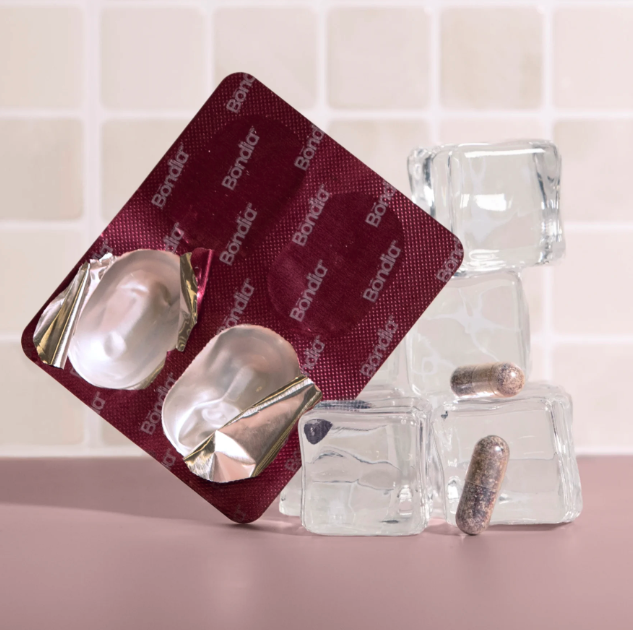
Solaria Bio has launched Bondia, a synbiotic medical food for bone loss prevention in women. The product launched on October 20, 2025, coinciding with World Osteoporosis Day.
A clinical trial published in Osteoporosis International found that Bondia reduced bone loss in the femoral neck by 85% in women with osteopenia compared to placebo. The randomized, double-blind, placebo-controlled study followed 286 postmenopausal women and found that daily consumption of Bondia significantly slowed bone loss compared to placebo in women with osteopenia or a BMI of 30 or greater.
Age-related bone loss begins as early as age 35. Nearly 70% of postmenopausal women experience bone decline, and one in two suffer a fracture. Traditional screening begins at age 65, creating a 15 to 20 year gap for early intervention.
“Osteoporosis is a quiet epidemic that too many women only discover after a fracture,” said Catherine Balsam-Schwaber, CEO of Solaria Bio. “The status quo treats it as inevitable; we don’t. Today’s launch confronts this silent crisis head-on with a proactive, science-driven approach that supports the body’s natural bone-building pathways, fortifying women’s strength from the inside out.”
Bondia is classified as an FDA-regulated medical food, not a dietary supplement. Medical foods provide targeted nutritional support for specific health conditions that cannot be managed through diet alone and must meet FDA-defined criteria. Bondia works by addressing inflammation through the gut-bone axis, helping calm inflammatory signals that accelerate bone breakdown. During menopause, declining estrogen levels disrupt the gut-immune balance and drive inflammation that accelerates bone loss.
“For decades, treatment options for bone loss have been limited, especially for women with early-stage bone density loss,” said Susan Bukata, MD, Chair of UCSD’s Department of Orthopedic Surgery and one of the study authors. “Bondia is a groundbreaking prospect for women with osteopenia and clinicians seeking a wider variety of treatment options.”
The study found that Bondia’s benefit was observed even though both groups received vitamin D, highlighting its distinct mechanism. Exploratory biomarkers suggest Bondia’s ability to reduce bone breakdown.



